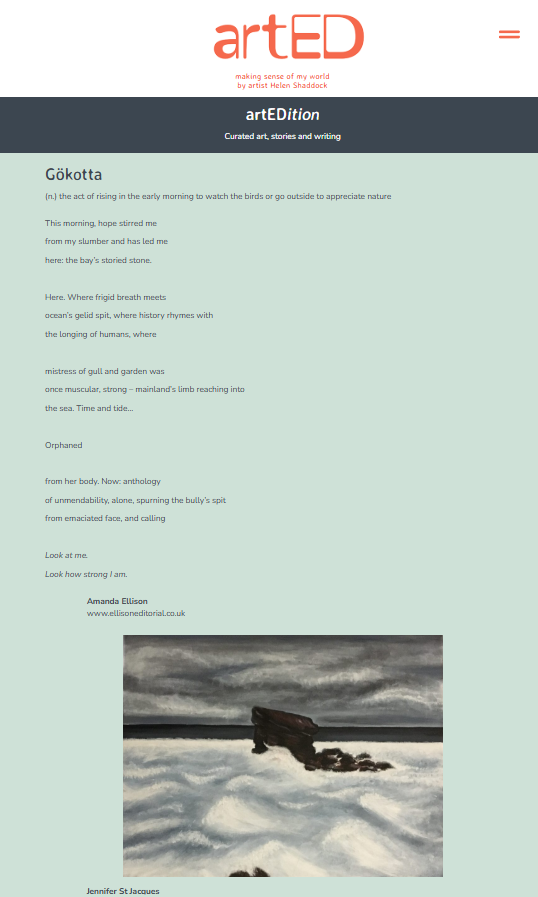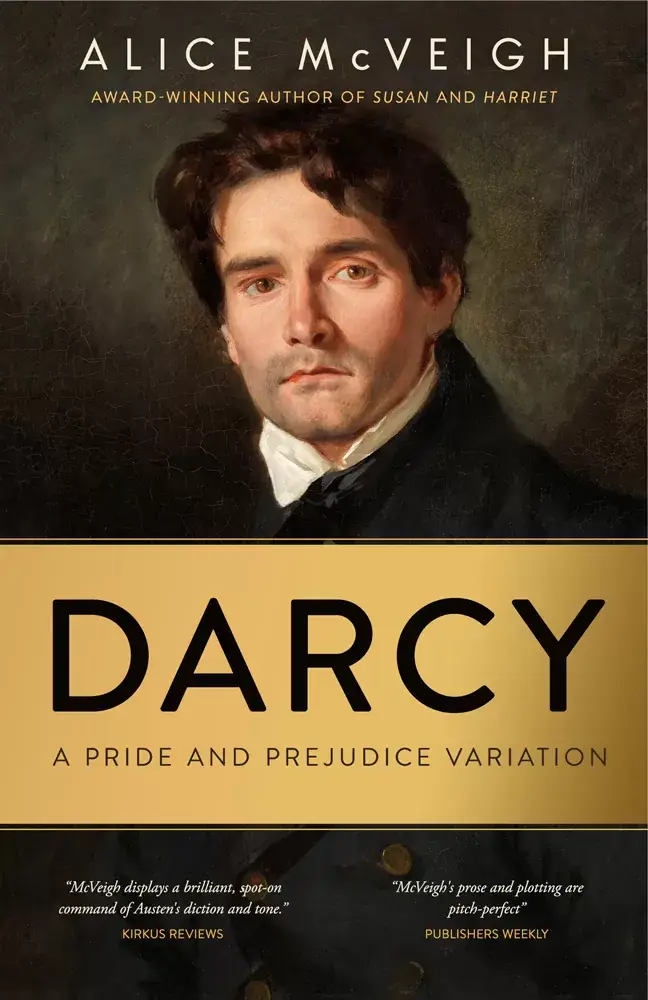info@ellisoneditorial.co.uk
Writing Portfolio

Portfolio: Published Articles


Portfolio: Professional Reviews
Testimonials
"Amanda reviewed my book, Hats and Other Musings: Stories from a New York Life, for IndieReader this year, and wrote a thoughtful and in-depth account of her experience with the text. Amanda is a skilled book reviewer and author who uses a thoughtful approach while delving into content and context. I would definitely recommend Amanda for any projects in which she can show off her many talents!"
Keri English - Author
"Thank you so much for writing such a wonderful review of my book [The Rippon Spurrier]. I am so grateful that you took the time to read it and go into such detail."
C. J. Richardson - Author
Portfolio: Academic Writing
Portfolio: Fiction and Poetry



Featured in ArtEd, an online zine.




















